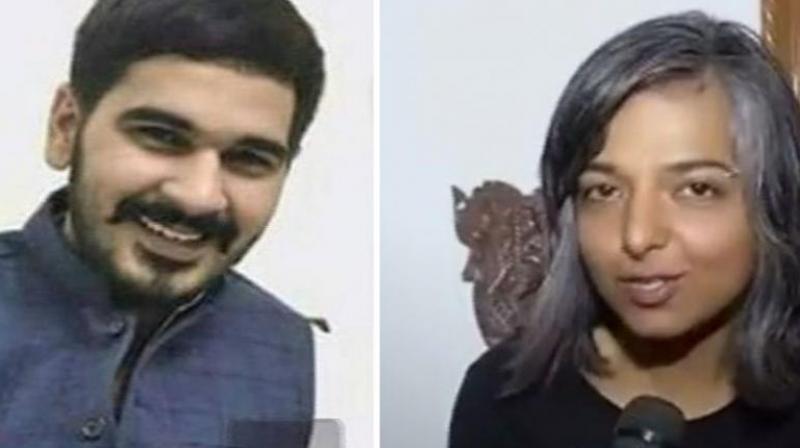Stalking lessons

The law-enforcement agencies are facing a big challenge over the Chandigarh stalking. Known to be invariably subservient when the politically connected are involved in a crime, such as stalking a woman and possibly trying to abduct her, the Union territory police, that is directly under the Union home ministry, is under pressure to show it can conduct a fair investigation. Unless the police and judiciary handle the case without fear or favour, doubts will remain that, despite all tall claims about women’s safety, whether anything has really changed in India. The CCTV footage going missing and then resurfacing mysteriously, and dilution of charges into bailable offences, indicated certain forces may be at work as a VIP family is involved.
This is a test case for Indian society that has grappled with very serious issues concerning women’s treatment. Rampant sexism is the least of the problems women face. As the victim herself noted in her brave media appearances, she is perhaps fortunate not to ahave been thrown into a ditch after being raped as is usually the case with many unfortunate women across the country, that is fast gaining global notoriety for sexual assaults on women. Besides establishing guilt in stalking — India needs to follow Western societies in putting judicial restraint orders on stalkers and make it work — the case also hinges on how an offender with VIP links is treated in a nation whose institutions are known to crawl in the face of authority. While the investigation by a senior woman police officer shouldn’t be prejudged, the practice of “victim shaming” only shows how society thinks of women. That is unlikely to change anytime soon.

